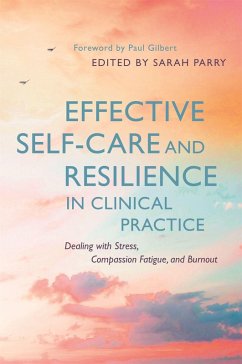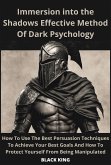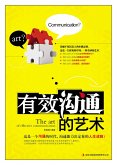Hope and resilience are essential throughout therapeutic practice as clinicians encounter a number of challenges that can lead to compassion fatigue and burnout. Through a collection of reflective practitioner accounts, this book explores how practitioners can achieve their best work through a framework of compassion.
Combining a number of examples from a variety of practices, including clinical psychology, consultancy, and nursing, each chapter explores how compassion can influence therapeutic work and improve practitioner wellbeing. Topics include stress-resilience, the nature of self-care, self-compassion or self-criticism and supervision in therapeutic practice. These stories offer guidance and ideas for practitioners to prioritise their wellbeing in order to develop a compassionate engagement with clients contributing to a greater therapeutic outcome.
Hinweis: Dieser Artikel kann nur an eine deutsche Lieferadresse ausgeliefert werden.
Combining a number of examples from a variety of practices, including clinical psychology, consultancy, and nursing, each chapter explores how compassion can influence therapeutic work and improve practitioner wellbeing. Topics include stress-resilience, the nature of self-care, self-compassion or self-criticism and supervision in therapeutic practice. These stories offer guidance and ideas for practitioners to prioritise their wellbeing in order to develop a compassionate engagement with clients contributing to a greater therapeutic outcome.
Dieser Download kann aus rechtlichen Gründen nur mit Rechnungsadresse in A, D ausgeliefert werden.
Hinweis: Dieser Artikel kann nur an eine deutsche Lieferadresse ausgeliefert werden.









